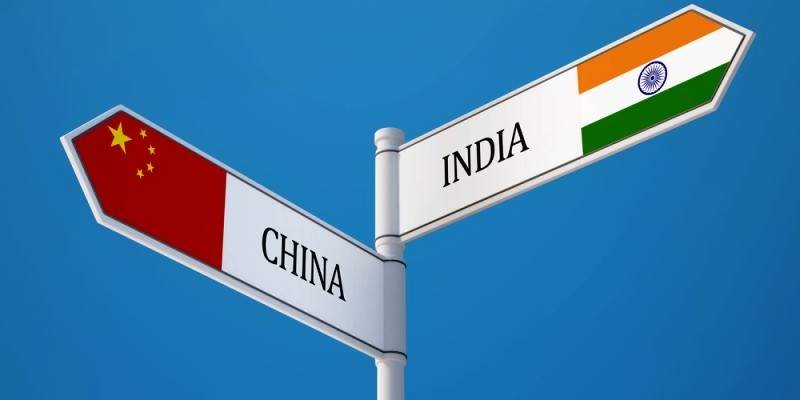China-India heading to a hot confrontation
Shares

BEIJING: China expressed anger on Monday after exiled Tibetan spiritual leader the Dalai Lama attended a Buddhist conference supported by the Indian culture ministry, the latest spat with India over a man whom China brands a dangerous separatist.
The Nobel Peace Prize-winning Dalai Lama, who fled into exile in India after a failed uprising against Chinese rule in 1959, denies espousing violence and says he only wants genuine autonomy for his remote Himalayan homeland.
The Dalai Lama opened the conference last Friday in eastern India.
"Recently, India ignored China's solemn representations and strong opposition and insisted on inviting the 14th Dalai Lama to attend an international Buddhist conference organised by the Indian government," Chinese Foreign Ministry spokeswoman Hua Chunying said.
The Dalai Lama also shared the stage with Indian government officials and gave a speech, she told a daily news briefing.
"China is strongly dissatisfied and resolutely opposed to this," Hua added.
"We urge the India side to clearly recognise the anti-China separatist nature of the Dalai clique, abide by its promises on the Tibet issue, respect China's core interests and avoid further disturbances and harm to China-India relations."
The Dalai Lama and Indian Culture Minister Mahesh Sharma inaugurated the conference on Friday, the Indian culture ministry said in a statement.
Buddha's teachings were especially relevant in a world facing violence, President Pranab Mukherjee said on Sunday in a closing address to the conference, held at Rajgir in the eastern state of Bihar.
In December, Mukherjee hosted the Dalai Lama at his official residence with other Nobel prize winners, the Tibetan leader's first public meeting with an Indian head of state in 60 years.
Next month, the government representatives will meet the Dalai Lama when he visits a sensitive border region controlled by India but claimed by China, despite a warning from Beijing that it would damage ties.
China has ruled Tibet with an iron fist since it was "peacefully liberated" by the People's Liberation Army in 1950.
China denies any repression in Tibet and says its rule has brought development to a once backward and poverty-stricken region.
